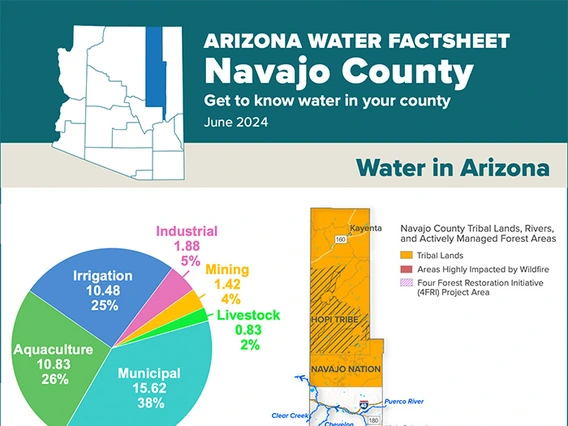
State-Level Groundwater Governance and Management in the U.S.
Groundwater is increasingly important for meeting water demand across the United States. Forward thinking governance and effective management are necessary for its sustainable use. The U.S. has state governments that are primarily reponsible for groundwater governance (i.e., making laws, policies, and regulations) and management (i.e., implementation of laws, policies, and regulations). This decentralized approach results in different strategies and practices. In Fall 2015 the Water Resources Research Center began the next phase of its "Groundwater Goverance in the U.S." project. A nationwide survey was developed in coordination with an advisory council from the Ground Water Research and Education Foundation (GWREF) and funded by a grant from the GWREF. The survey was administered to state-level officials who oversee groundwater quality programs in 2016 in order to identify on-the-ground practices that may help improve and enhance management of the nation's water supplies. The report was finalized in June 2017.




